BUZIL_TD_G_515_en-GB (English)
BUZIL_TD_G_515_et-EE (Estonian)
BUZIL_TD_G_515_ru-RU (Russian)
use
pollution
Normal soiling (dust, beverage stains, insect stains, etc.)
Material compatibility
Chrome
Aluminium | indoor
Resopal
Wood surface | sealed
Whiteboard
Aluminium | powder-coated
Interior glazing, mirrors
Copper
Gabbro
Artificial leather
Plastics
Brass
Stainless steel
Table linoleum
Lacquered surface
Ceramic tiles
Product Information
- Powerful spray cleaner
- Excellent cleaning effect
- Easily removes nicotine and grease stains, as well as grip marks
- Removes stubborn and dried insect stains
- Long-lasting fragrance
- Streak-free gloss without subsequent drying
- Meets the requirements within the framework of an HACCP concept
- Removes soiling caused by pencils, felt-tip pens, ball-point pens and make-up
Area of application
- for all water-resistant surfaces and materials such as plastics, Formica, glass, mirrors, ceramics, stainless steel, aluminium, etc.
- particularly suitable for e.g. tables, keyboards, doors and cupboards
Application and dosage
Note
- Do not use on acrylic glass (PMMA).
- Precipitation, which can occur due to cooling below room temperature, can be brought back into solution by slight heating and does not represent a quality defect.
- Changes or variations in colour of the product do not impact on the quality. The product image may differ in colour and shape from the original.
Tips and tricks
Surface damage (discoloration, swelling of material, etc.) check chemical and water compatibility
Stripes and/or film on the surface use a clean cleaning cloth
no cleaning performance choose a problem solver, e.g. Buz® Mark Ex G 559, Clean Up G 555, Buz® Point G 502
Environmental Information
Proportion of easily degradable ingredients 100 %
Phosphorus content 0 mg/g
Palm oil-based raw materials – RSPO-certified share 100 %
The proportion of easily degradable ingredients refers to the proportion of organic ingredients that are defined as “easily biodegradable” according to OECD 301 or Detergent Regulation (EC) No. 648/2004. The value of the phosphorus content refers to elemental phosphorus. Palm oil is an important renewable source for the production of raw materials. The Roundtable on Sustainable Palm Oil (RSPO), founded in 2004, promotes sustainable cultivation methods for palm oil. This results in a certification system and the possibility of declaring raw materials as “RSPO-certified”.



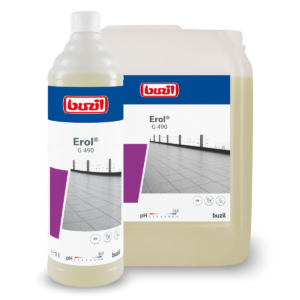
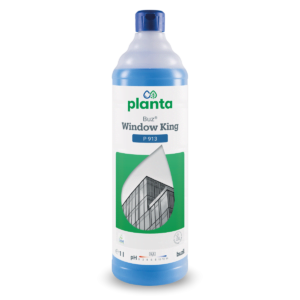
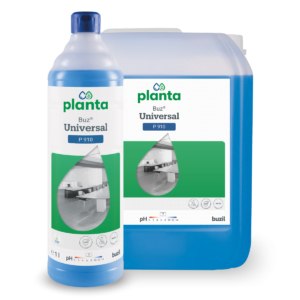
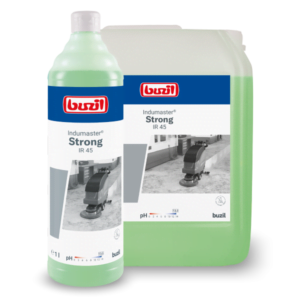
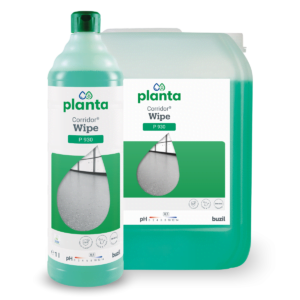
Reviews
There are no reviews yet.